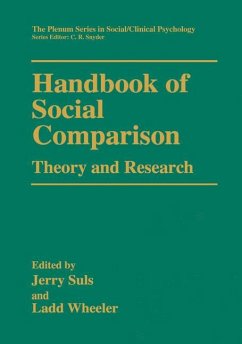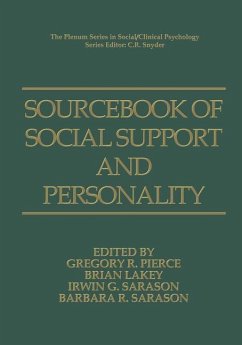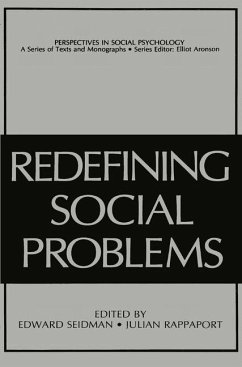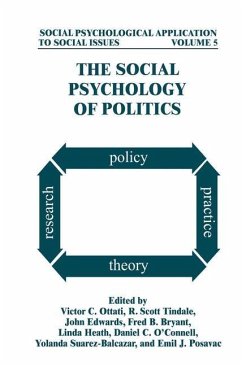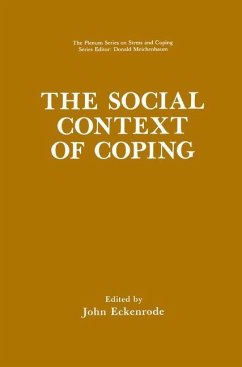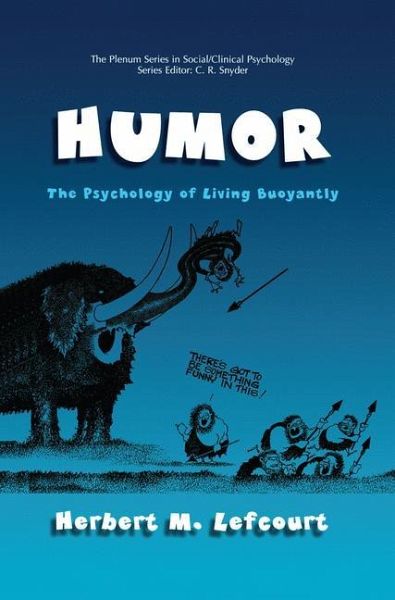
Humor
The Psychology of Living Buoyantly
Versandkostenfrei!
Versandfertig in 1-2 Wochen
77,99 €
inkl. MwSt.
Weitere Ausgaben:

PAYBACK Punkte
39 °P sammeln!
In his earlier work the author has studied stress and the personality characteristics that protect us from its effects on health and well-being. In this new book he places humor firmly within the literatures of coping processes, the moderation of stressful experiences, and health by showing how humor can help create and encourage feelings of community, closeness, and control. Lefcourt blends empirical research with anecdotal reports in this thoughtful volume.




